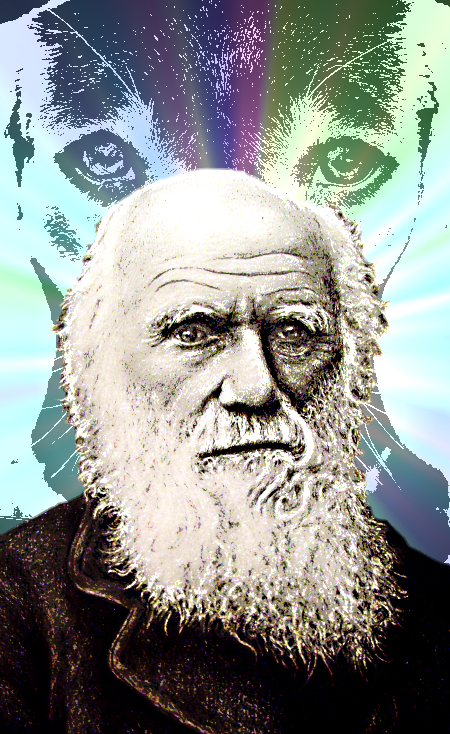Once-hated text evolves into most-loved
 Charles Darwin’s On the Origin of Species has been voted the most influential academic book of all time.
Charles Darwin’s On the Origin of Species has been voted the most influential academic book of all time.
A public vote has been held on a shortlist of classic texts put together by expert academic booksellers, librarians and publishers as part of the inaugural Academic Book Week.
Despite running against giants of the written word like A Vindication of the Rights of Woman by Mary Wollstonecraft, George Orwell’s novel Nineteen Eighty-Four, or Adam Smith’s The Wealth of Nations, Darwin’s first book detailing his theory of evolution was the public’s favourite by a long way, securing a full 26 per cent of the vote.
University of Glasgow expert Professor Andrew Prescott described Darwin’s 1859 study “the supreme demonstration of why academic books matter”.
“Darwin used meticulous observation of the world around us, combined with protracted and profound reflection, to create a book which has changed the way we think about everything – not only the natural world, but religion, history and society,” he said.
“Every researcher, no matter whether they are writing books, creating digital products or producing artworks, aspires to produce something as significant in the history of thought as Origin of Species.”
On the Origin of Species was ranked above the public’s second favourite – Marx and Engels’ The Communist Manifesto, followed by The Complete Works of Shakespeare, Plato’s The Republic at fourth place, and Immanuel Kant’s Critique of Pure Reason coming fifth.
The Booksellers Association’s Alan Staton was glad to see Kant’s high-minded volume place so highly.
“We seem to be governed by expediency and doublethink and it’s reassuring to know that Kant’s Categorical Imperative is known and thought important,” he said.
Philosopher Roger Scruton backed that view, saying: “I am gratified that the Critique of Pure Reason, which must be surely one of the most difficult works of philosophy ever written, should have been chosen as among the most influential of all academic books.”
“Kant set out on an extraordinary task, which was to show the limits of human reasoning, and at the same time to justify the use of our intellectual powers within those limits. The resulting vision, of self-conscious beings enfolded within a one-sided boundary, but always pressing against it, hungry for the inaccessible beyond, has haunted me, as it has haunted many others since Kant first expressed it.”
He experts highlighted the following 20 texts as the most important in academic history;
A Brief History of Time by Stephen Hawking
A Vindication of the Rights of Woman by Mary Wollstonecraft
Critique of Pure Reason by Immanuel Kant
Nineteen Eighty-Four by George Orwell
On the Origin of Species by Charles Darwin
Orientalism by Edward Said
Silent Spring by Rachel Carson
The Communist Manifesto by Karl Marx and Friedrich Engels
The Complete Works of William Shakespeare
The Female Eunuch by Germaine Greer
The Making of the English Working Class by EP Thompson
The Meaning of Relativity by Albert Einstein
The Naked Ape by Desmond Morris
The Prince by Niccolò Machiavelli
The Republic by Plato
The Rights of Man by Thomas Paine
The Second Sex by Simone de Beauvoir
The Uses of Literacy by Richard Hoggart
The Wealth of Nations by Adam Smith
Ways of Seeing by John Berger








 Print
Print